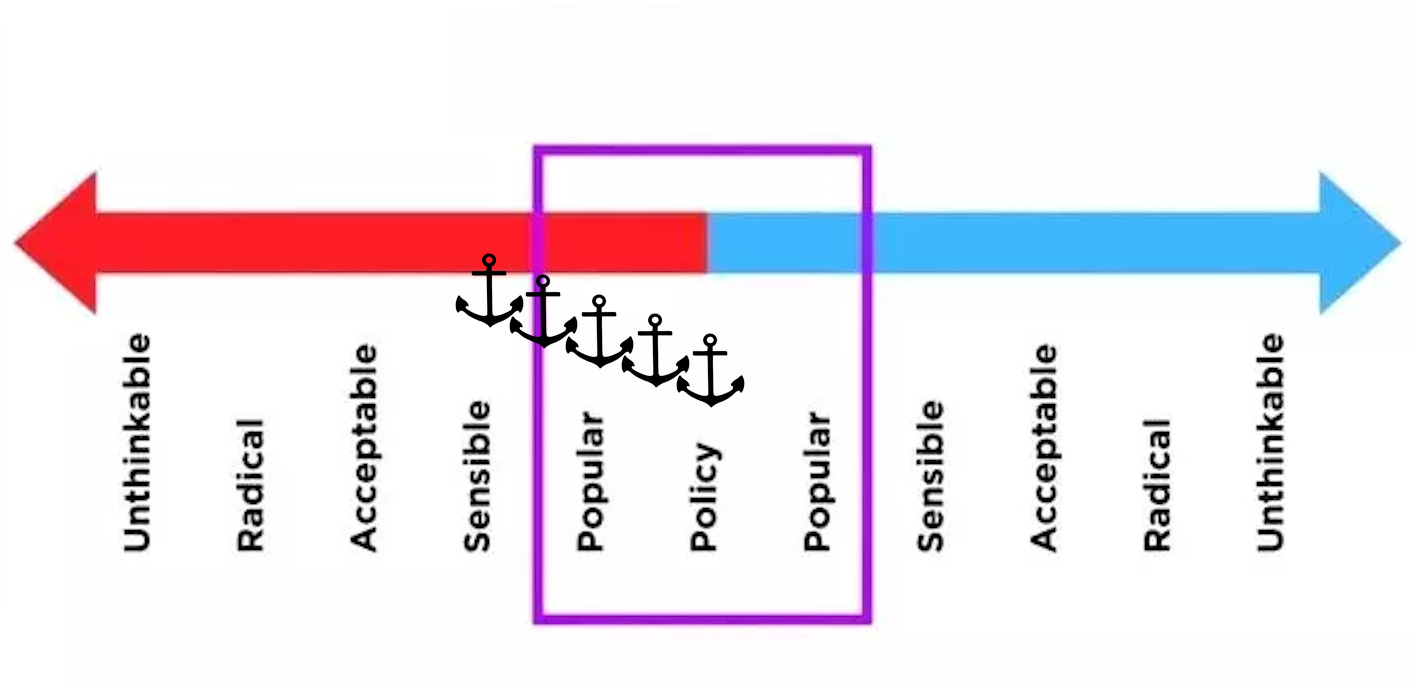Anchors and Windows
Editor’s note: Today is an “every other Sunday” - sorta - meaning an article for my paid subscribers. Enjoy, thank you for reading, and if you consistently like what you see, please do consider upgrading!
Negotiating, whether it be a job, a substantial purchase, or even where to go for dinner, is both art and skill. Art, in that creativity comes to play. Skill, in that it can be taught, learned, and improved - both experimentally and via specific tactics. One such tactic, discussed in this video from WSJ, is known as "anchoring."
When a first offer is put on the table, be it the asking price of a house, the quoted salary range of a job, or a list of "how about..." options for dinner, human psychology kicks in and we judge our range of replies based on that first offer. It tends to "anchor" the negotiation going forward, and even if we deem the house ask way too high, the salary range way too low, or none of the dinner options appetizing, we're inclined to allow our response to be swayed, possibly altering what would be our own first offer. This may be out of a desire to comity or compromise, or fear of insulting the other party, or simply a lack of confidence in our own view of the landscape.
It can also be a deference to the other party, a presumption that they not only know how to value the subject of negotiation better than you, but are also bargaining in "good faith" regarding that value. If you're debating dinner plans with your partner, it's probably safe to presume that the options listed are what he or she are in the mood for that night, and if one is also pleasing to you, domestic tranquility suggests you pick from the list. But, if you're negotiating a salary or a house purchase, such concerns should not compromise your position.
Keep reading with a 7-day free trial
Subscribe to The Roots of Liberty to keep reading this post and get 7 days of free access to the full post archives.


